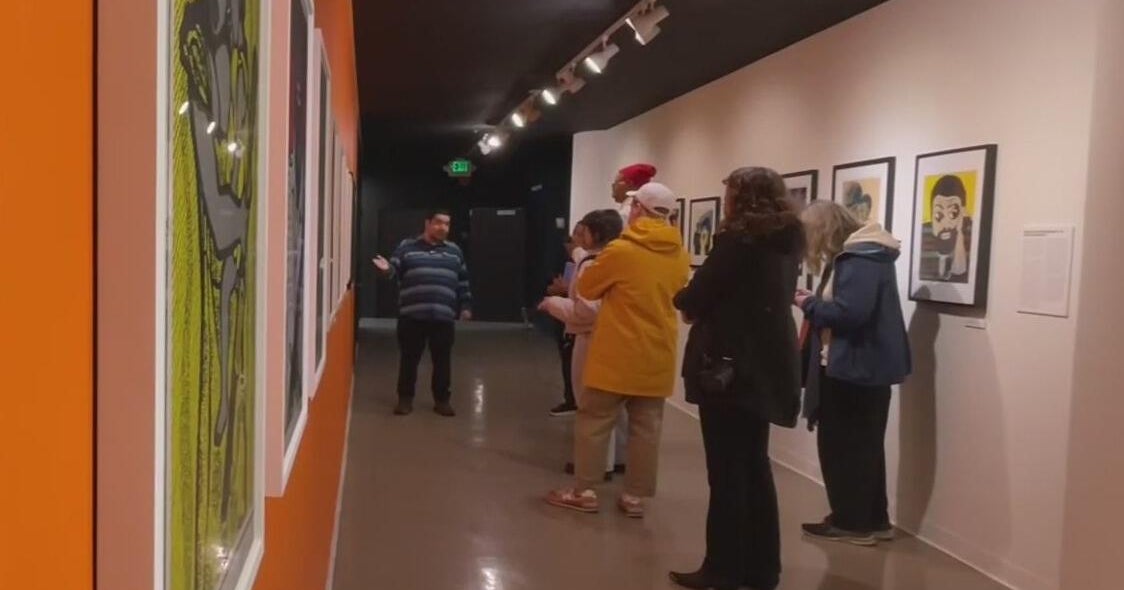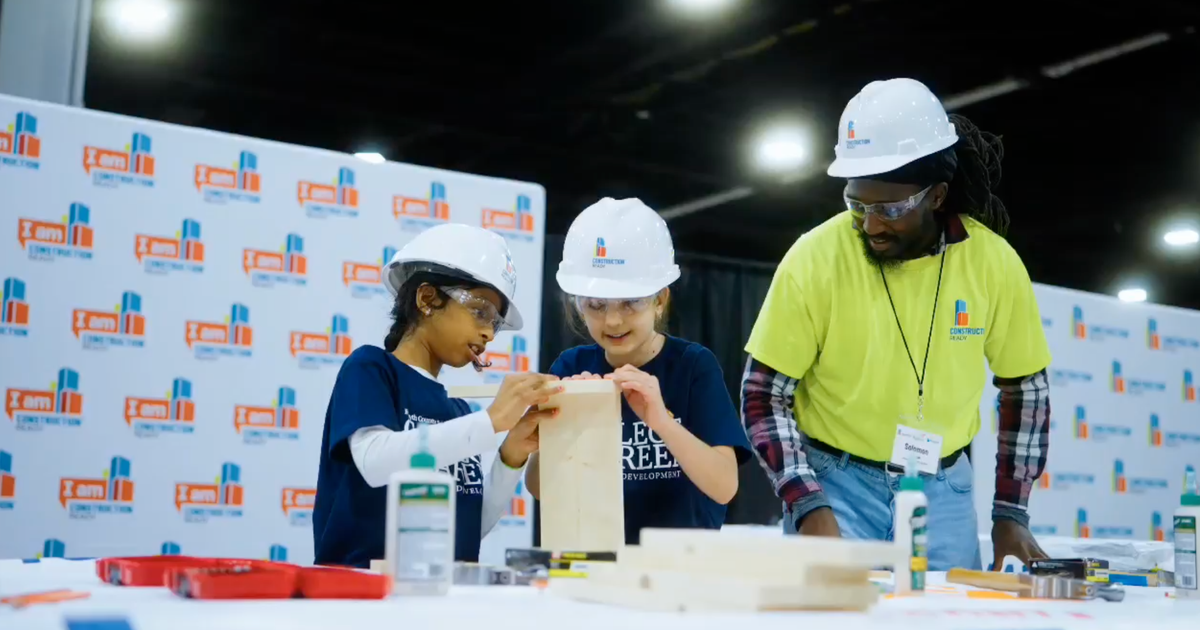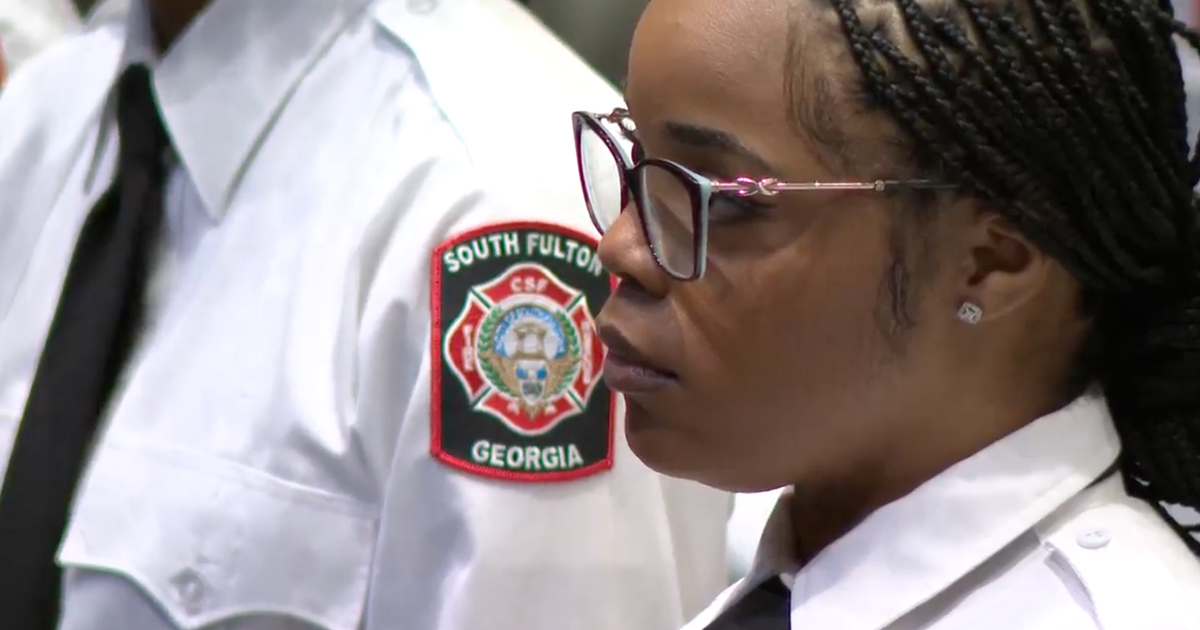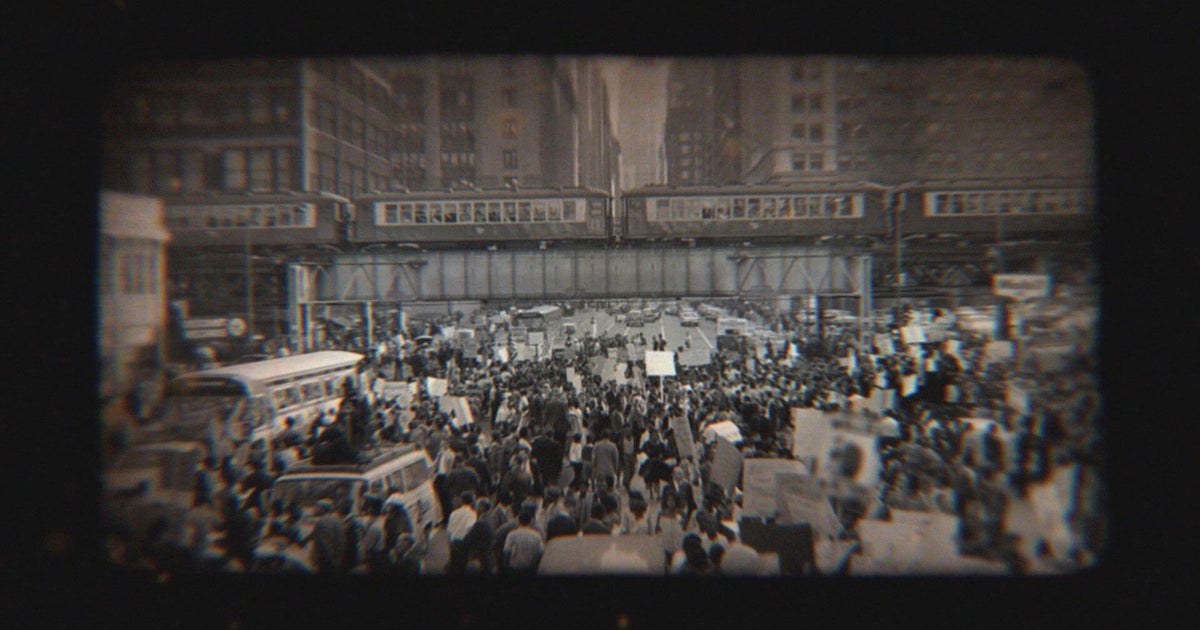Mechanical Engineers Have A Bright Future, Says San Francisco Professor
Salaries for engineering instructors in post-secondary education are among the highest of all teaching positions in the country. And in the San Francisco Bay Area, the salaries are not surprisingly, even higher. For students interested in a career as an educator or mechanical engineer, there isn't more valuable advice to gain than from an expert in the field, such as David Dornfeld, chair of the Mechanical Engineering Department at UC Berkeley. Dornfeld is also a member of ASME.
What is your background and level of education?
"I have a B.S., M.S. and Ph.D., all in Mechanical Engineering, from the University of Wisconsin-Madison. I've been on the faculty at UC-Berkeley since 1977 and am now professor of Manufacturing Engineering and hold the Will C. Hall Family Chair in Engineering. I'm also director of the Laboratory for Manufacturing and Sustainability (LMAS) at Berkeley and write a blog on green manufacturing."
What is your area of expertise?
"I specialize in advanced manufacturing processes and systems, and sustainable manufacturing. These advanced systems, automation and sensors and precision material processing technologies are fundamental to innovative product design and manufacturing. The need for efficient and effective use of energy, water, materials and other resources in manufacturing - and the desire to ensure that production does not cause adverse social impacts - requires making manufacturing more sustainable."
What career advice can you share with engineering students and future educators?
"Engineers make things that are present in our daily lives that we depend on ... from cell phones to aircrafts, to automobiles to medical devices and instruments, and the future is bright for mechanical engineers. This profession requires a firm foundation in science and math skills, as well as writing and communications - from elementary through high school and beyond. It also requires an interest in 'planning and doing,' as seen in tech competitions (like robot wars), working in teams, thinking "outside of the box" and wanting to challenge yourself. It requires looking around at how the things we take for granted in the world work: why an automobile's fuel economy works best at certain speeds, how an airplane flies, how you make a semiconductor chip, how strong that rope needs to be to hold me, etc. And, lastly and most importantly, have fun and you'll be amazed at how exciting, challenging and meaningful mechanical engineering can be."
Randy Yagi is a freelance writer covering all things San Francisco. In 2012, he was awarded a Media Fellowship from Stanford University. His work can be found on Examiner.com Examiner.com.







